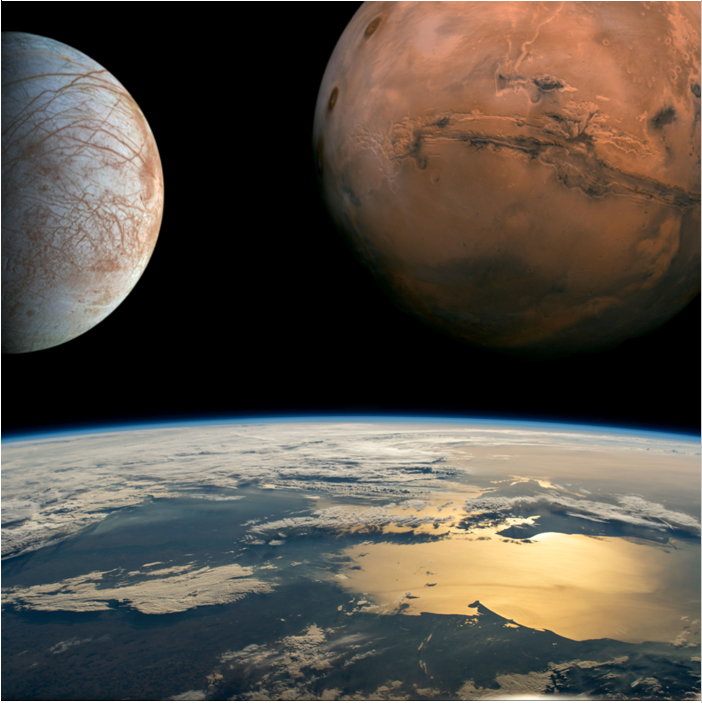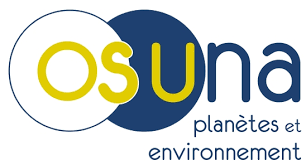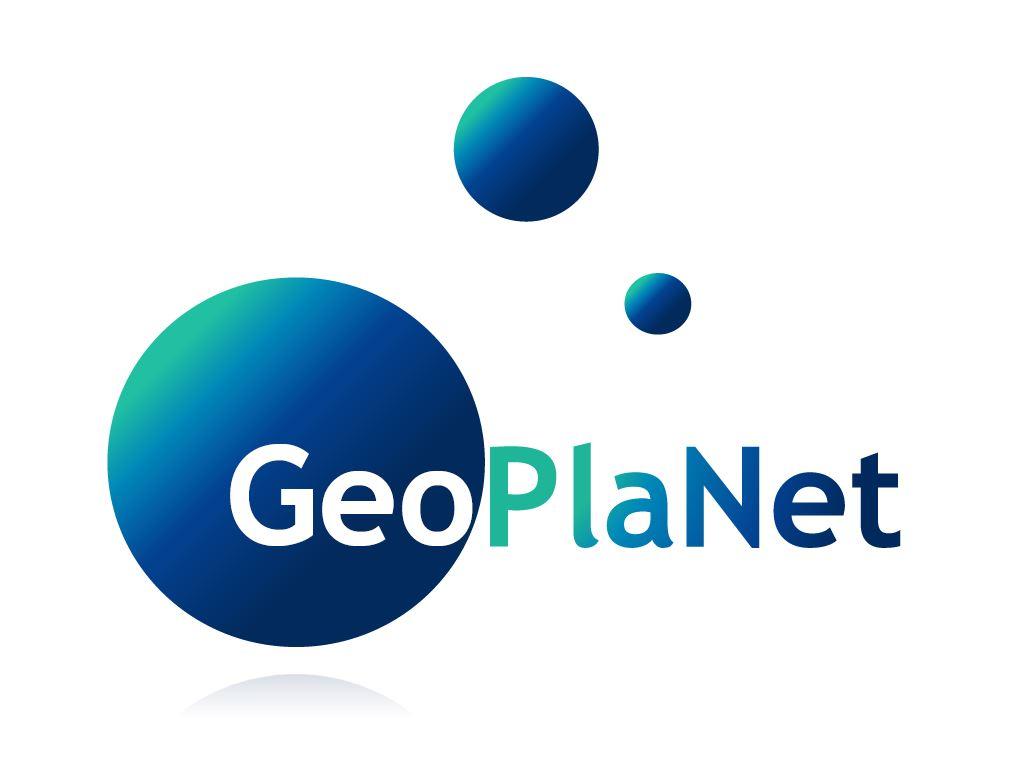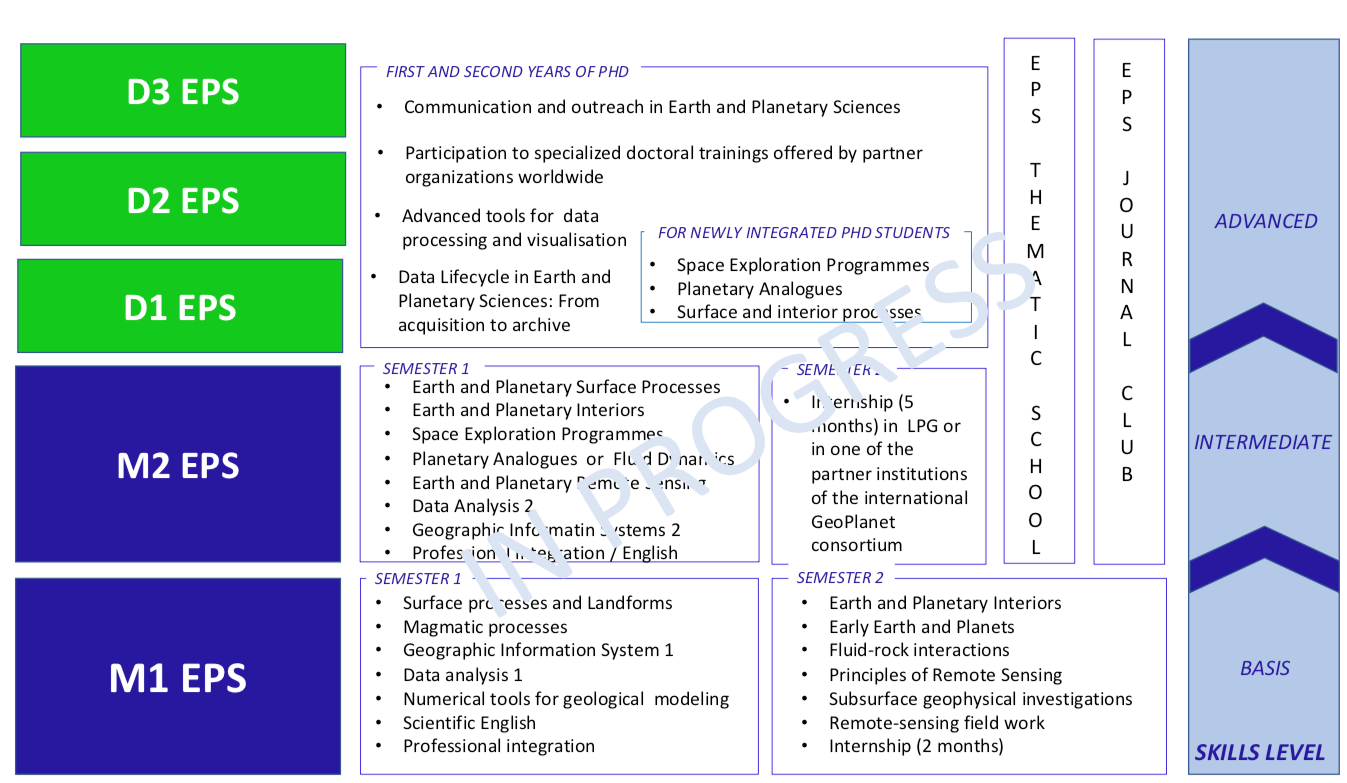General information

- A specialised programme of Master in Earth, Planetary, and Environmental Sciences (STPE)
- Entry year: 2024/2025: Courses will start in September
- Location/Place: Nantes
- Language: English



Through a multi-disciplinary approach, you will acquire state-of-the-art knowledge in Earth and Planetary Sciences and develop research skills in an international collaborative environment. The mastery of advanced techniques and digital tools will offer you various opportunities to pursue a career in academic or private entities related to geosciences and space exploration. You can enter the Graduate Programme at the Master’s Level or Ph.D. level. At the Master’s level, you have the possibility to follow the Earth and Planetary Science (EPS) Programme in Nantes or apply for an Erasmus Mundus Joint Master programme - Planetary Geosciences (GeoPlaNet - EMJM), with the University of Coimbra (Portugal) and the University of Annunzio of Chieti-Pescara (Italy) (see dedicated booklet for more details). Both EPS and IMPG master programmes shared the same teaching units in the second year of master’s in Nantes and give access to the EPS Graduate Programme.

We propose scholarships of 1500€ for our international students. Candidates will have to follow the Campus France application procedure, after admission, apply for the schorlarship through the programme leader of the programme.
Please note that the number of scholarships is limited reserved for our best candidates.
For more information, please contact valentin.peden@univ-nantes.fr


Nantes
Students can enter the Programme either at the Master’s level or at the PhD’s level. After the first two years, students who have obtained the master’s degree can apply for PhD or pursue other career paths as research and innovation engineer.

Whether having a master’s degree or a Ph.D. degree, graduating from our programme, your profile will be very attractive for various sectors related to Geosciences and Space exploration (see in the structure of the programmes), in private or public entities, such as: